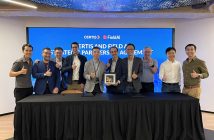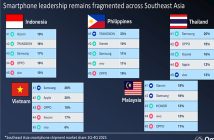
Insight interview with Dato’ Dr. Haji Amirudin Bin Abdul Wahab CEO, CyberSecurity Malaysia.
At the inaugural Cybersecurity in Asia Conference, Kuala Lumpur, held in early August 2017, Sean Lim, Chief Operating Officer for the EC-Council highlighted that Malaysia and the ASEAN region needs to increase its recognition of cyber risk as one of the top risks facing organisations. In acknowledging the risk, there is a requirement to establishing a coordinated national approach to responding to cyber incidents, including coordination amongst multiple government departments, forge collaborations with other nations and generate national capacity building measures.
The Malaysia & Singapore Security Magazine sat down with Dato’ Dr. Haji Amirudin Bin Abdul Wahab, Chief Executive Officer for CyberSecurity Malaysia, part of the Ministry of Science, Technology and Innovation (MOSTI), to discuss how Malaysia’s cyber security specialist agency is planning to implement these requirements.
Dato Dr Wahab said, “Malaysia doesn’t have the tiered strategy model that Australia does but we do partner via our own CERTs and Asia Pacific CERT (APCERT). We’re still organising ourselves but would like to have a model like Australia. We are part of a cybersecurity ecosystem, including with law enforcement. There are many other players within the Malaysian government framework with respective roles and the highest level is the National Security Council (NSC).
There is a new entity now in the process of being formed for cyber security within the NSC, which will be the National Cyber Security Agency (NaCSA). This will be positioned within the NSC and was announced by the Deputy Prime Minister in June, 2017.
Alongside this announcement, Datuk Seri Dr Ahmad Zahid Hamidi announced the Malaysian Government will introduce a new law aimed at protecting Malaysians from cybersecurity threats. Dr Ahmad Zahid said, “the time has come for NaCSA to be the single agency that coordinates all efforts to manage such threats to be dealt with affectively.”…Click HERE to read full interview.





